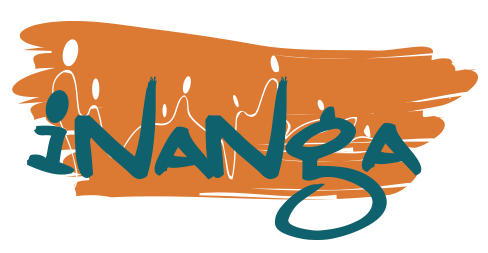An Anthropologist in a Refugee Camp:How to do an ethnography in a context of institutional discursive imposition?
Academic PaperAurore Vermylen Published by the journal Parcours Anthropologiques
How to build a "World of You" in a refugee camp? This article proposes to think about how to make an ethnography in the face of refugee management policies based on a victimary or suspicious imaginary of the refugee figure. Faced with this institutional discursive imposition, which asks refugees to act out or tell their traumatic life stories, how can anthropology be done? This article is based on fieldwork in the Congolese refugee camp of Kinama in Burundi, where a resettlement programme has been implemented. Resettlement aims to send refugees from the camps to third countries in the West on a permanent basis.




